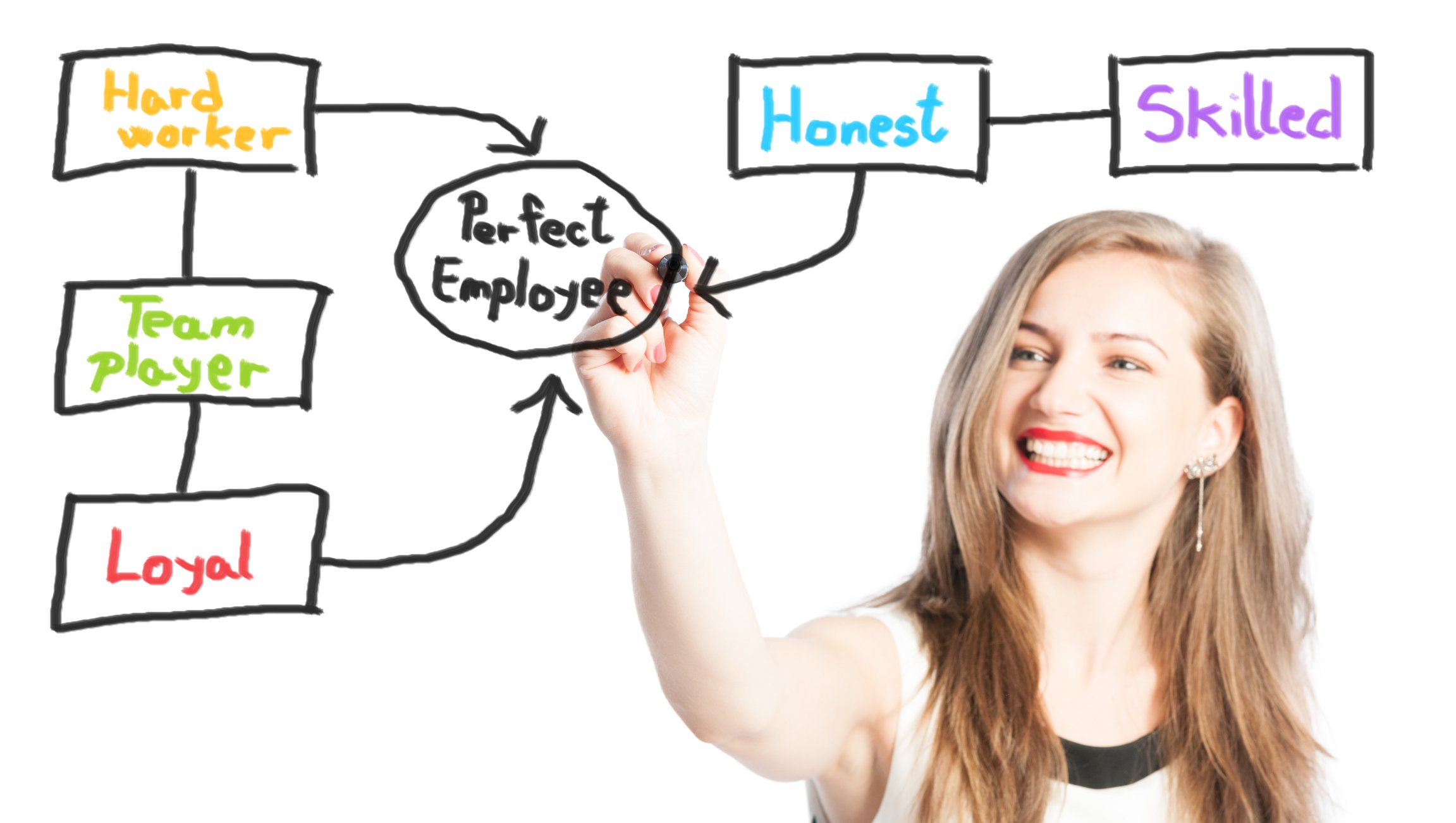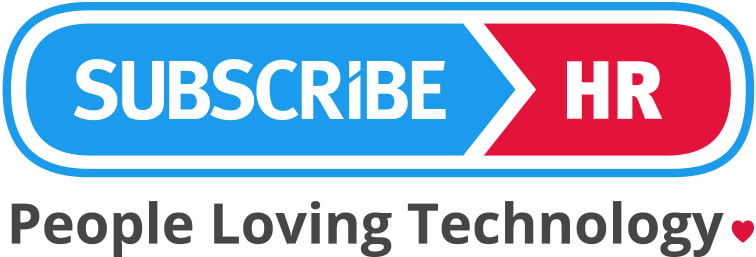Efficient training and development systems are crucial throughout an employee’s life-cycle. From onboarding to preparing for a new role, to ongoing performance management, HR teams need to have access to high-quality learning content to both retain and upskill staff.
With this in mind, Subscribe-HR has recently partnered with GO1 to provide an all-in-one cloud HR and eLearning solution. The partnership allows for upskilling and compliance training to be managed with GO1’s superior content and eLearning capabilities.
Subscribe-HR’s cloud HR software focuses on providing cutting edge, easy to implement HR automation for mid-sized enterprises. Their systems allow for more complicated processes across the employee life-cycle to be streamlined. The system also enables HR and business leaders to focus on strategy, rather than being bogged down in administration and fire-fighting.
In this article, we are exploring the ways in which online learning content can simplify training and development, and make it more impactful.
Streamlining Training and Development Systems Through Online Learning
At various points in their tenure, employees will either need to develop new skills or build on prior knowledge. HR teams are often responsible for making this happen, and access to online learning content helps to simplify this task.
Online learning tools can be particularly helpful In the areas of onboarding and performance management. Below we are going to explore reasons why having access to learning tools can improve these fundamental HR processes.
Onboarding
Giving a Good First Impression
Getting onboarding right is important for any organisation. New employees should have a great impression of the company they are about to start working for, and be as prepared as they possibly can be for their role.
Online learning materials can be used to both share the vision for your organisation with new employees and to tell the story so far. Ideally, after onboarding is complete, employees will feel invested in your organisation and excited to get started.
Deloitte’s 2017 ‘Global Human Capital Trends’ report also reveals that among millennials, the “ability to learn and progress” is now a key element in their perception of a company’s brand.
Onboarding Multiple Employees
If you work in a larger organisation, you might also be onboarding multiple new employees at once. Digitising learning gives larger organisations the opportunity to deliver learning at scale, and monitor engagement with learning materials.
Varying the pace of learning
With compulsory introductory courses, such as those relating to compliance, it is likely that your employees’ knowledge will be at different stages. If you are onboarding multiple employees, access to online learning materials enables them to learn at their own pace, and skim over material they are already familiar with.

Performance Management
Creating a Culture of Learning
Online learning tools can also help to enhance performance management. To be meaningful, performance management has to go further than keeping tabs on employees and the quality of work they produce. At its best, it is a reciprocal process, in which the employer and employee can mutually benefit from listening to each other.
Providing access to online learning materials sets the tone that your workplace is focused on learning, and values the development of staff members.
Identifying Skills Gaps
Employers can also use online learning tools to identify any skills that need developing in their organisation. Using tailored goals, employees can focus attention on areas that will help them to develop personally and in line with the requirements of their role.
Current trends indicate that with longer life expectancies, frequent job changes and the widening skills gap, there is a call for new approaches to embed learning into work to support people who move across disciplines during their careers. Learning needs to be built into the flow of life and investing in flexible professional development tools can facilitate this.
Improving Employee Retention
Performance management is an excellent opportunity for employees to either build on the hard skills required for their roles or to work on soft skills. Both regular upskilling and developing emotional intelligence are becoming increasingly important in the digital age.
A well-structured performance management program can also be the difference between employees feeling invested in an organisation, or wanting to explore alternative options.
With professional development being a key driver of employee satisfaction, opportunities for learning are essential for employees to feel invested in the organisation they work for. Over time, many employees become unhappy in their jobs, especially if they no longer find the work exciting or challenging.
Building a Growth Mindset
No matter which industry your organisation belongs to, creating a culture of openness to learning is crucial for those wanting to streamline systems and maximise the potential of their employees.
Performance management should be a positive and collaborative experience, rather than an opportunity to look at the negative. The focus should be on broadening opportunities for learning and helping employees to build a growth mindset.
Professor of Psychology at Stanford University, Carol Dweck, describes the term as follows:
“In a growth mindset [learners] understand that their talents and abilities can be developed through effort, good teaching and persistence. They don't necessarily think everyone's the same or anyone can be Einstein, but they believe everyone can get smarter if they work at it.”
Setting a Clear Pathway to Success
Good performance management is also about guiding employees to be the best they can be within a particular role. Online learning content can provide employees with a clear pathway to success, and avoid the feeling of frustration when they are unsure of how to make progress. Using learning in this way also leads to employees feeling invested and motivated to continue developing in their role.
Want know know more about how e-Learning and HR automation can transform your business? We've created this free e-Guide to get you started.


